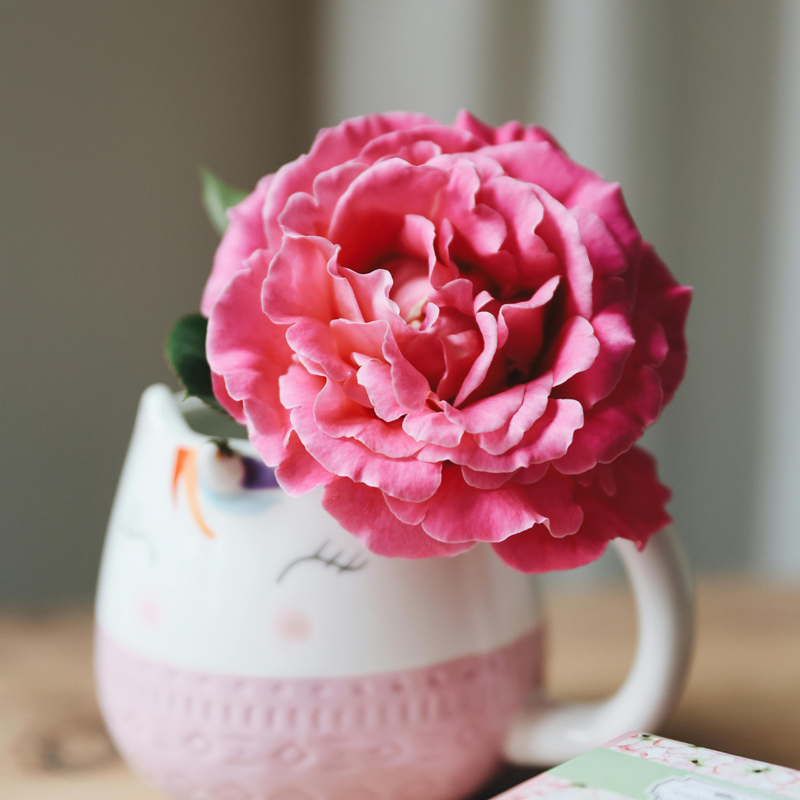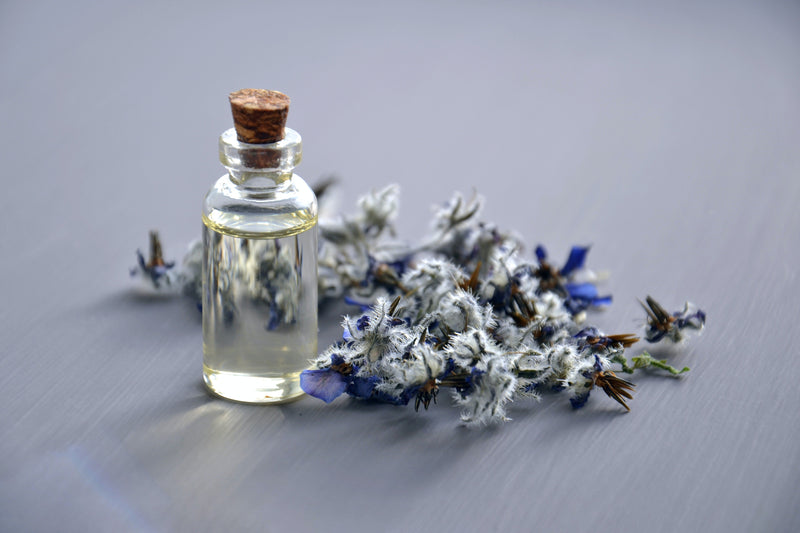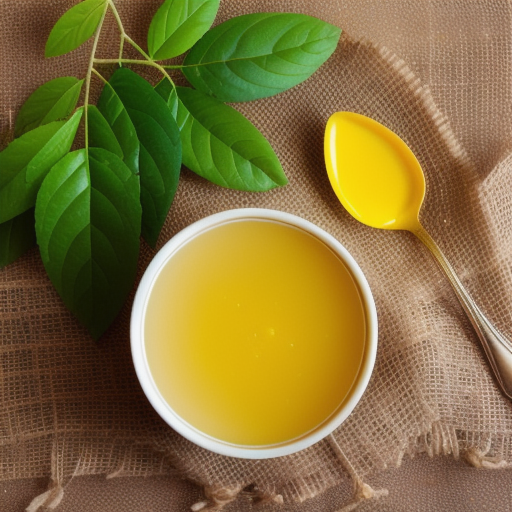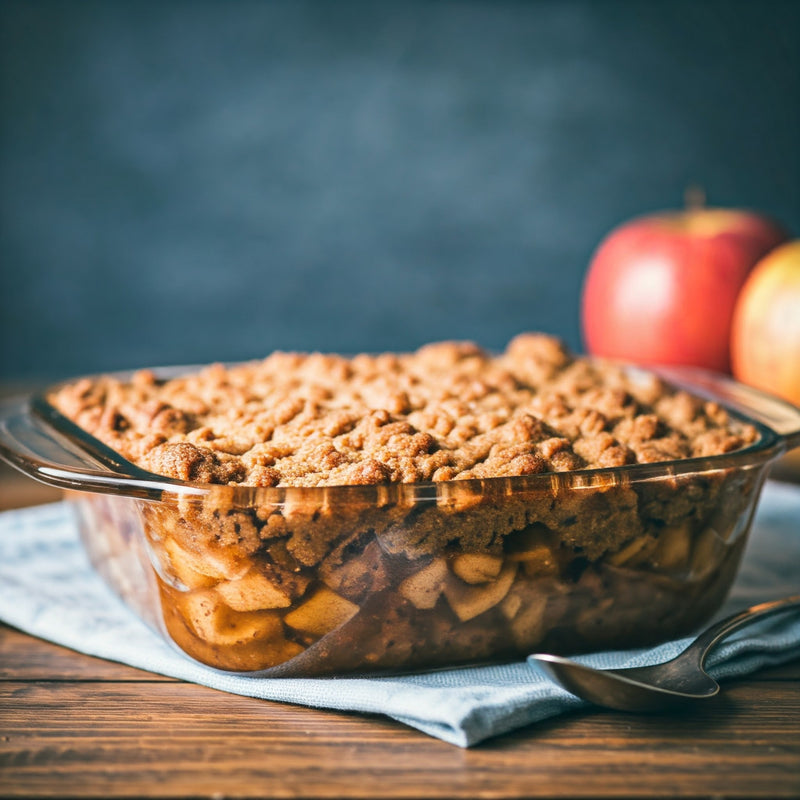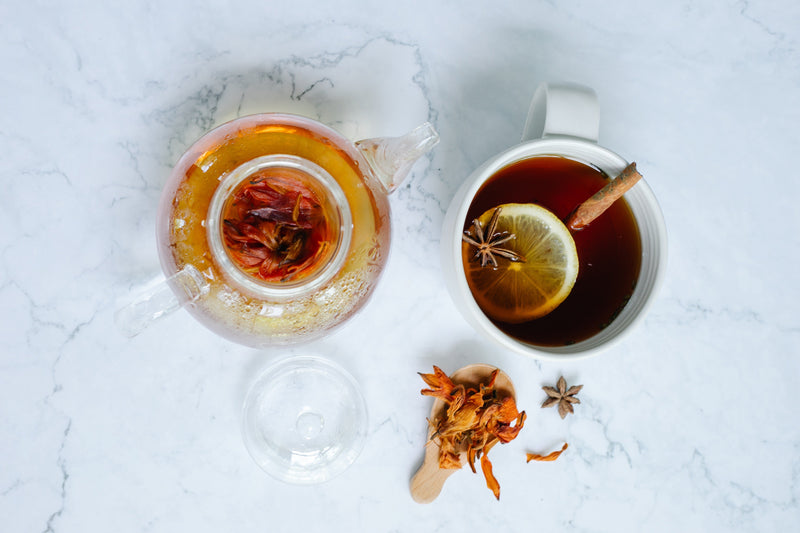What is the Vata Season?
The Vata season is a period in Ayurveda, the ancient Indian system of medicine, characterized by the qualities of the Vata dosha. It typically occurs during the fall and early winter months when the weather becomes cold, dry, and windy. During this season, it is important to make certain adjustments to our diet and lifestyle to maintain balance and harmony.
How does the Vata Season affect us?
During the Vata season, the cold and dry weather can aggravate the Vata dosha within our bodies.
Here are some common signs of Vata imbalances during winter:
Physical:
-
Dryness:
This can manifest as dry skin, cracked lips, brittle hair and nails, constipation, and even joint pain.
-
Digestive issues:
Vata imbalances can lead to bloating, gas, constipation and irregular bowel movements.
-
Sleep problems:
Difficulty falling asleep, waking up in the middle of the night, and restless sleep are all common.
-
Anxiety and nervousness:
Increased Vata can lead to feelings of worry, stress, and difficulty concentrating.
-
Sensitivity to cold weather:
Vata individuals often feel colder than others and may experience aches and pains in their joints in cold weather.
Mental:
-
Feeling ungrounded:
Vata is associated with movement and can lead to restlessness, feeling scattered, and difficulty focusing. -
Fear and insecurity:
When Vata is imbalanced, negative thoughts and anxieties can become more prominent. -
Creativity blocks:
The airiness of Vata can lead to difficulty with creative expression and feeling uninspired.
Balancing Vata in Winter:
Ayurveda offers a number of principles that can help us stay healthy and balanced during the Vata dosha season. These principles include:
-
Diet:
Warm, nourishing foods are key. Opt for soups, stews, porridge, cooked vegetables, and healthy fats like avocado and ghee. Reduce intake of raw foods, cold drinks, and caffeine.
-
Spices:
Warming spices like ginger, cinnamon, cardamom, and clove can help increase circulation and balance Vata.
-
Hydration:
Staying hydrated is crucial for preventing dryness. Drink plenty of warm water throughout the day and consider herbal teas like ginger tea or chamomile tea.
-
Oil massage:
Abhyanga, a self-massage with warm oil, is a fantastic way to nourish the skin, relax the muscles, and calm the mind. Use sesame oil or an herbal oil blend formulated for Vata.
-
Gentle exercise:
Regular yoga or Pilates practice can help keep Vata balanced and promote circulation. Avoid strenuous activity, especially in cold weather.
-
Warmth:
Dress in layers and stay warm using blankets, hot water bottles, and cozy socks.
-
Rest and relaxation:
Prioritize good sleep and activities that help you unwind, such as meditation, reading, or spending time in nature.
What to Eat During the Vata Season?
To balance Vata, here are the guidelines offered by Ayurveda on Diet:
1. Eat Nourishing, Warm foods that are heavy and unctuous

- Root vegetables such as carrots, beets, and sweet potatoes
- Winter squashes such as butternut squash and pumpkin
- Cooked whole grains such as oats, quinoa, and brown rice
- Nuts and seeds
- Ghee and other healthy oils
- Warming spices such as cinnamon, ginger, and turmeric
- soups and stews
2. Stay Hydrated

- Drink warm water or sip warm herbal teas throughout the day to stay hydrated and counteract the drying effects of the Vata season
3. Avoid Cold, Dry foods and Overeating
- It is also important to avoid foods that are raw, cold, and dry, such as salads, raw fruits, and raw vegetables. These foods can further aggravate the Vata Dosha and make it more difficult to stay warm and comfortable.
- Avoid overeating, as this can aggravate Vata dosha.
4. Limit Stimulants
- Avoid excessive consumption of caffeine, alcohol, and spicy foods, as they can overstimulate the nervous system and aggravate the Vata dosha.
How to Adapt Your Lifestyle for the Vata Season?
Adapting your lifestyle during the Vata season can help maintain balance and prevent imbalances associated with the Vata dosha. Here are some tips:
1. Stick to a Routine
Establishing a daily routine can help ground and stabilize the Vata dosha. Try to wake up and go to bed at the same time each day, and schedule regular meals and activities.
2. Stay Warm
- Keep yourself warm by wearing layers of clothing and using blankets.
- Avoid exposure to cold drafts or windy environments.
- Take a warm bath or shower before bed.
3. Exercise

- Regular exercise is important for overall health and well-being, but it is especially important during the fall season. Exercise helps to keep the body warm, improve circulation, and reduce stress.
- Yoga is a particularly good form of exercise for the fall season. Yoga postures help to balance the vata dosha and promote relaxation and inner peace.
4. Sleep
- Getting enough sleep is essential for everyone, but it is especially important during the fall season. When we are well-rested, we are better able to cope with the challenges of the changing weather and the demands of everyday life.
- The ideal amount of sleep for adults is 7-8 hours per night. However, some people may need more or less sleep depending on their individual needs.
5. Stress Management

Stress can take a toll on our physical and mental health. During the fall season, it is important to find ways to manage stress so that it does not get out of control.
Some good stress-management techniques include:
- yoga,
- meditation,
- deep breathing exercises, and
- spending time in nature.
- warm oil massages / Abhyanga
6. Essential Oils and Herbs For the Vata Season

Essential oils and herbs can be used to support overall health and well-being. During the Vata season, some good choices include:
- Cinnamon: Warming and stimulating
- Ginger: Warming and digestive
- Turmeric: Known to be Anti-inflammatory and immune-boosting
- Chamomile: Relaxing and calming
- Lavender: Soothing and calming
Conclusion
By following these Ayurvedic principles, you can stay healthy and balanced during the fall season. By eating a warm, nourishing diet, exercising regularly, getting enough sleep, managing stress, and using essential oils and herbs, you can help your body adjust to the changing weather and stay healthy all winter long.
Connect with an Ayurvedic Practitioner at Prakriti Sattva LLC to find your Prakriti / Body Constitution and learn how to develop a personalized diet, lifestyle (with Yoga) and herbal plan based on your individual state of body, mind and spirit.
*Editor’s Note: This post is not medically qualified. This post is written by an Ayurvedic Wellness Practitioner. The information in this article is intended for your educational use only and is not a substitute for professional medical advice, diagnosis, or treatment. Always seek the advice of your physician or other qualified health providers with any questions you may have regarding a medical condition and before undertaking any diet, supplement, fitness, or other health programs.
**This post contains affiliate links, so we may earn a small commission when you make a purchase through links on our site at no additional cost to you.
Check out Ayurvedic ghee and purchase HERE with a 10% OFF coupon code from Prakriti Sattva.

More A2 Ghee











